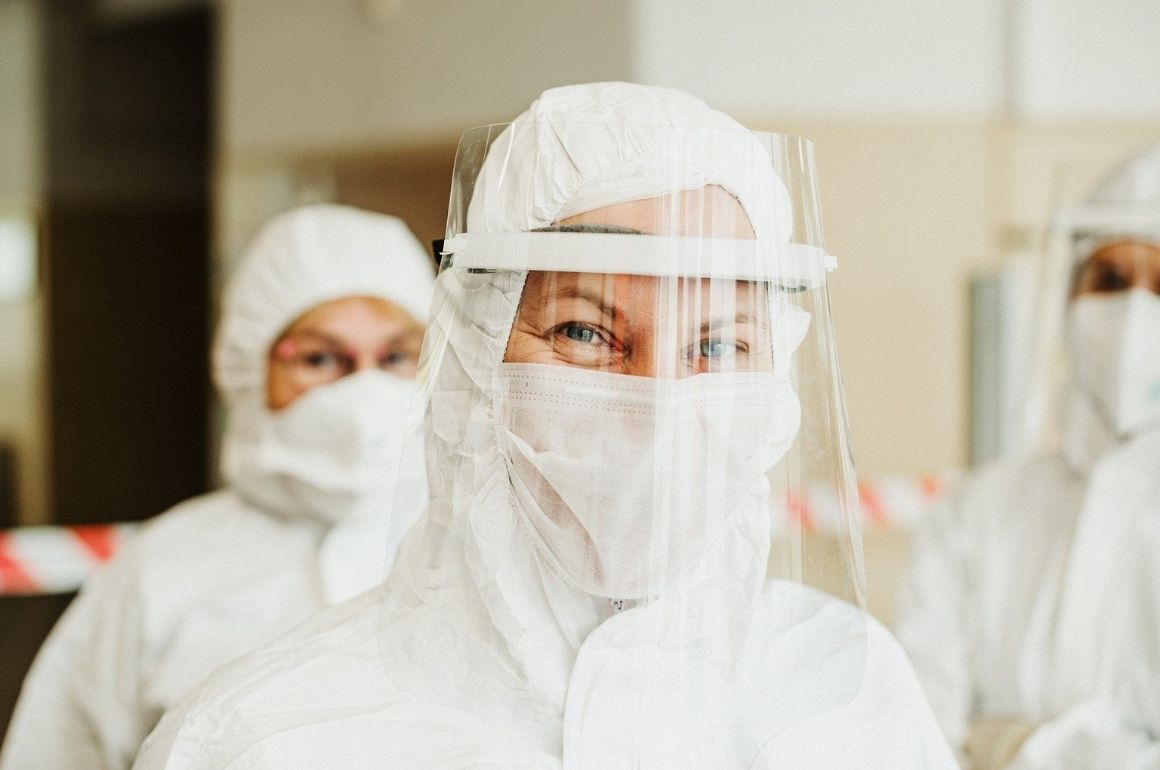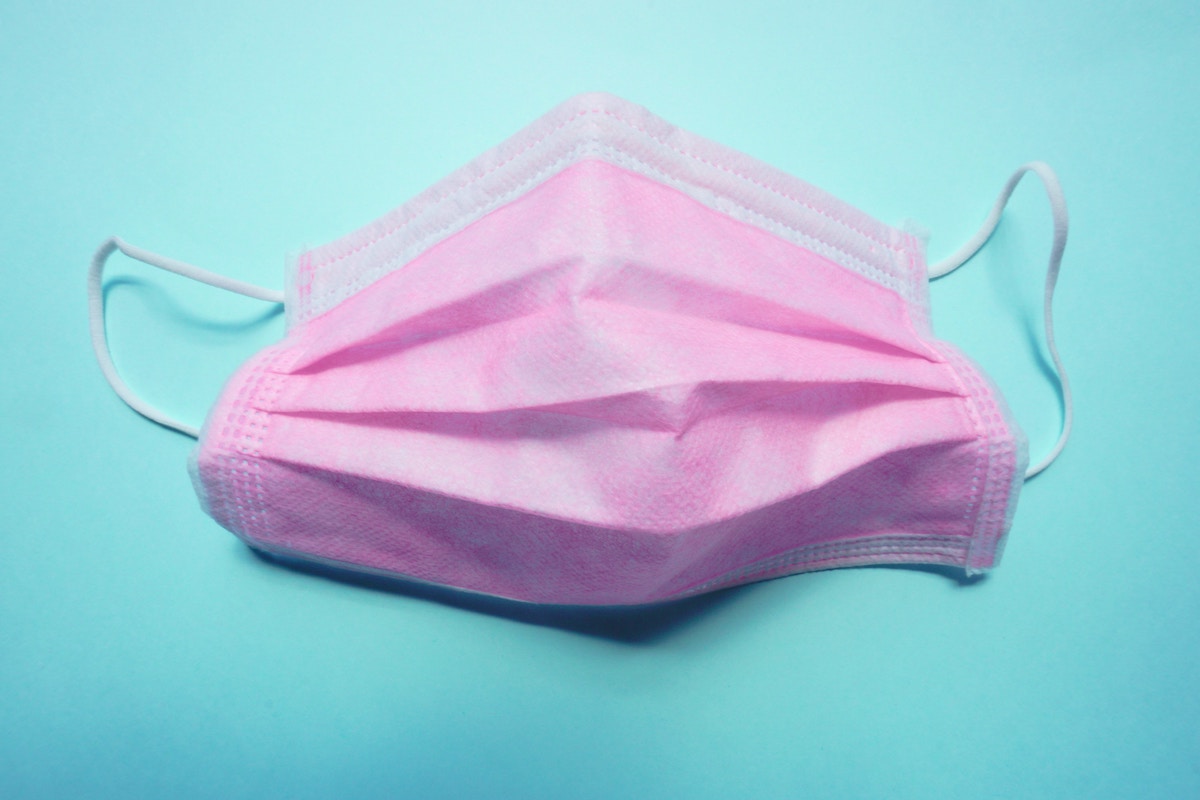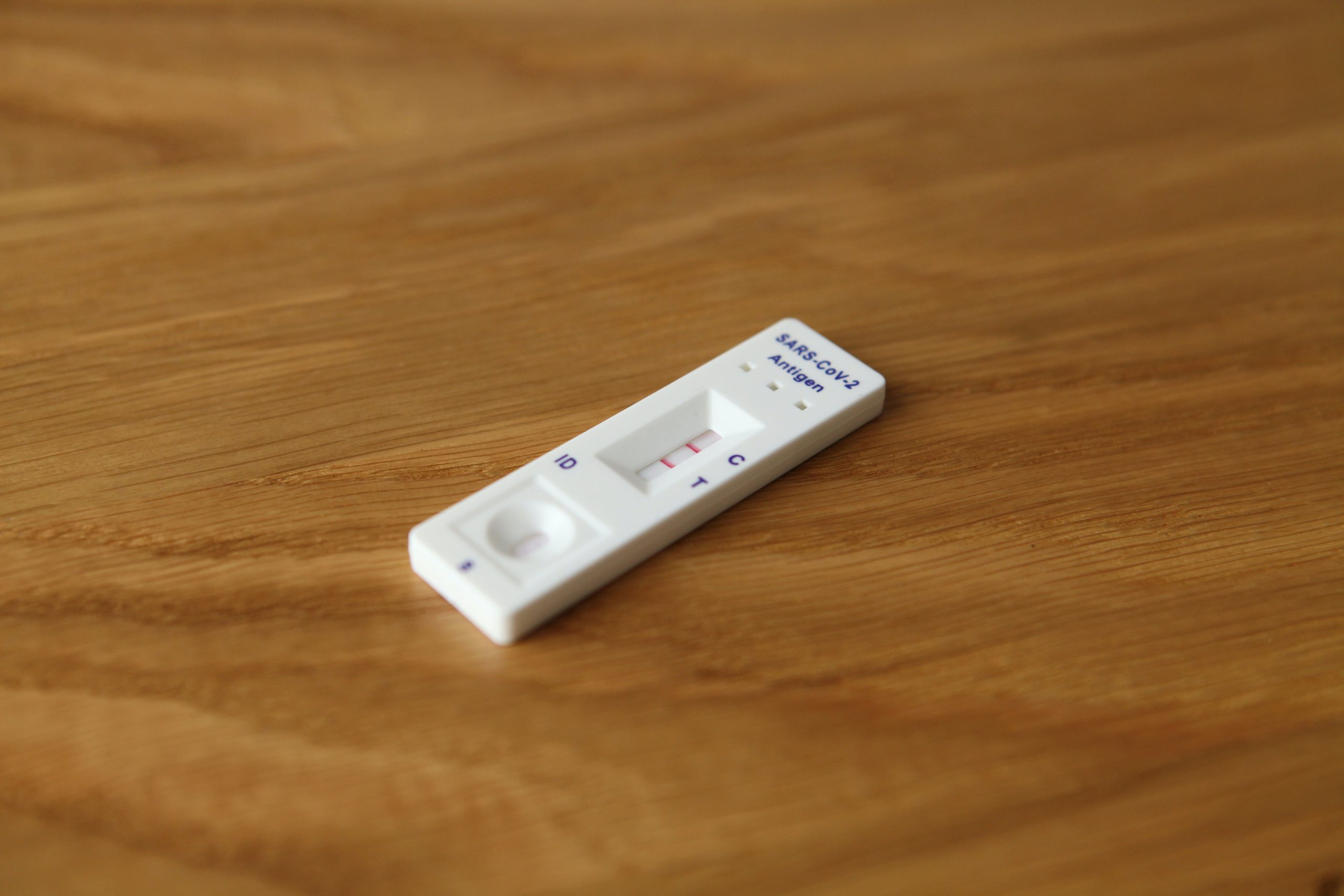Skift Take
The recent emergence of Omicron, a new Covid variant of concern, has sent shockwaves through global markets and led to the WTO conference being postponed days ahead of the planned meeting in Geneva. How concerned should event planners be?
With the Delta variant already overwhelming hospitals in Europe and the threat of a new, potentially more transmissible variant emerging, event planners are understably worried that all the progress of the past year may be slipping away.
At the beginning of November, the event industry was riding a wave of optimism. In the US, a patchwork of county-by-country travel regulations were replaced with uniform vaccine requirements on November 8. The international presence at IMEX America seemed like a sign of the return to in-person events on a global scale.
Then reports of rising case numbers in Europe began to make headlines. With the onset of winter bringing more people indoors where the risk of transmission is higher, the Delta variant led to Germany’s highest case numbers since the start of the pandemic. Austria and the Netherlands are in the midst of similar waves, with both countries imposing partial lockdowns. It was in this context that the in-person component of IBC (the International Broadcasting Convention) was recently canceled.
With several European countries already facing ICU shortages, more bad news emerged: South African authorities alerted the world to a new variant of concern, now dubbed Omicron. Early reports suggested that it could be 500 percent more transmissible than Delta, possibly with a greater risk of vaccine resistance and reinfection. The reaction worldwide was swift, with many countries imposing travel restrictions on flights originating from the Southern region of Africa. Japan, Israel, and Morocco have even imposed outright bans on all foreign visitors (with Morocco not even allowing its own citizens into the country). The WTO (World Trade Organization) conference, set to take place in Geneva from November 30 to December 3, was the first major event to be postponed in the wake of Omicron’s discovery.
Will more events follow? Worse yet, does Omicron mean we are back to square one in our fight against the pandemic? Although it makes sense to proceed with caution at this stage, there are still many unknowns about the variant — and even some reasons to remain optimistic.
What We Know About Omicron
WHERE HAS IT BEEN FOUND?
Omicron was first detected by South African authorities on November 23, who then raised a global alarm only two days later. It’s important to note, however, that the strain may have originated elsewhere. The first confirmed cases were among patients from both Botswana and South Africa, and it has since been detected in a rising number of countries across the world including Belgium, Hong Kong, Israel, the UK, the Netherlands, Canada, Australia, Italy, Portugal, Denmark and the Czech Republic.
Further, the travel history of confirmed cases varies, with one Italian case traced to a Mozambique trip that happened roughly two weeks ago, a Belgian case traced to Egypt, and Canadian cases linked to Nigeria.
Besides casting doubt on the variant’s country of origin, this geographic spread suggests that it already has a global foothold.
How contagious is Omicron?
While the variant appears to be spreading quickly, we still don’t know just how contagious it is. Early estimates were based on the variant’s recent surge in the Gauteng province of South Africa. Based on further genomic testing, Omicron now accounts for 76 percent of cases throughout South Africa — taking over faster than Delta initially replaced the Beta strain (which once dominated South Africa’s Covid infections).
But with South Africa’s overall case count still relatively low following a period in which most Covid restrictions were lifted, it’s still possible that the growth was caused by super-spreader events.
Notably, however, scientists have found 32 mutations on the spike protein alone, as compared with 18 found on the Delta variant’s spike protein. (One set of researchers in Italy even believe there are 43 mutations on the spike protein based on an image of the virus.) And it’s via this spike protein that the virus latches onto human cells and thereby infects them. For this reason, changes to the spike protein can potentially make it easier for the virus to enter cells and spread.
Some of the mutations found within Omicron are already linked to increased infectivity in other strains.
While there is cause for concern, it is nevertheless too soon to assume that the strain is multiple times more infectious than Delta, as early reports suggested.
WILL CURRENT VACCINES WORK AGAINST IT?
In large part, the spike protein is also what the body’s immune system uses to recognize the virus. The more the spike protein changes, the harder it becomes for the immune system to identify the “invader” and launch a targeted counter-attack quickly and efficiently.
In other words, the changes found on Omicron’s spike protein could not only influence how contagious the virus is, but also how well it’s able to reinfect past patients and escape vaccine-based immunity.
Once again, however, projections about vaccine-resistance are based on educated guesses rather than hard facts. Genetic changes can have a combined effect that scientists don’t entirely understand.
To see the effects in action, researchers are currently developing lab experiments that test how well existing antibodies fare against the new strain. Promisingly, their results could be available in as few as 10 days. It could be much longer, however, to see concrete evidence based on large-scale studies of hospitalization numbers.
For now, it makes sense for event planners to continue enforcing any vaccine mandates they currently have in place for attendees. At some point, it may be necessary to update these requirements based on second generation vaccines.
HOW SEVERE ARE THE INFECTIONS THAT OMICRON CAUSES?
The question of infection severity is probably the biggest unknown given how little time has passed since the strain was identified. Early anecdotal reports suggest that the symptoms may in fact be significantly milder than those caused by Delta, but it’s important to note that most cases under observation have been among those 40 and under. Combined with the fact that South Africa has a high percentage of people with previous exposure to the virus (and therefore some immunity), it is difficult to make projections about how the variant will affect other groups of people.
Virologist Marc van Ranst has even suggested that “if the omicron variant is less pathogenic but with greater infectivity, allowing Omicron to replace Delta, this would be very positive.”
The thinking behind this statement is that if Omicron is more contagious but produces much milder symptoms, we could eventually be faced with a dominant strain that is actually less severe. This theory may be mostly speculative, but it is not entirely without basis.
Signs of Hope in the Fight Against Covid
WHY VACCINE EFFICACY AGAINST DELTA IS ENCOURAGING
While the prospect of a milder Covid strain may be mostly speculative at this stage, there are also other reasons to remain hopeful.
With regard to vaccine efficacy in particular, it’s important to remember that the vaccines continue to protect against the Delta variant despite its 18 mutations on the spike protein.
Early on, many raised concerns that Delta would itself escape vaccine-based immune protections. Although Omicron may have more mutations, that doesn’t mean vaccines will be completely ineffective against it.
In Germany, the fourth wave has affected the unvaccinated so disproportionately that health minister Jens Spahn called it “a pandemic of the unvaccinated.” It is for this reason that Austria, similarly faced with surging cases and relatively low vaccination rate, moved to become the first country to mandate Covid vaccinations. Across the globe, Singapore stands out as an even more poignant case. Even though it has one of the world’s highest vaccination rates, the vast majority of its critically ill Covid patients are unvaccinated. While Singapore has yet to mandate vaccines, it has decided to make unvaccinated Covid patients pay for their own hospital bills (Singapore’s health services are normally free for citizens).
Further, the CDC recently released data showing that unvaccinated people are more than twice as likely to be hospitalized with Covid and over seven times more likely to die from it.
If current vaccines are this effective against the heavily-mutated Delta variant, it seems plausible that they will still offer at least some protection against the doubly-mutated Omicron variant.
HOW NEW DRUG THERAPIES COULD CHANGE THE GAME
There are currently three major drug therapies that may help to reduce hospitalization numbers.
Two of them are pill-based treatments designed to be taken in the early stages of infection: they are named Paxlovid and Molnupiravir, produced by Pfizer and Merck respectively. Preliminary results suggest that Paxlovid reduces serious illness by 89 percent, while Molnupiravir reduces it by 30 percent. Both drugs are somewhat expensive, with a full course of treatment coming in at $530 USD for Paxlovid and $700 USD for Molnupiravir. These prices are, however, much lower than the costs associated with hospitalization.
Cutting back on the risk of hospitalization could also go a long way to reducing one of the most worrying aspects of Covid: the risk of overwhelming ICU capacity. This risk is often cited as the number one reason for lockdowns.
Evusheld, produced by AstraZeneca, is another drug that is showing early promise. Instead of treating infections, however, it works to prevent them using an “antibody cocktail”. Preliminary trials suggest that it may reduce hospitalizations by 77 percent.
Although all of these drug trials were carried out while Delta was the dominant strain, there is currently no reason to think these medications will be less effective against Omicron.
VACCINES CAN BE UPDATED QUICKLY
Even though the verdict is still out on whether current vaccines will continue to protect against Omicron, researchers are already working on the possibility of developing a second generation of vaccines* for this new strain. Further, these new vaccines could even be ready within 100 days.
*All current vaccine doses are based on the original strain of Covid. While medical professionals do distinguish between “booster shots” and “third doses”, the difference is really a matter of timing — Covid booster shots are meant to be taken anywhere from 2 to 6 months after the initial round of doses to top-up waning antibodies, whereas third doses are taken roughly 28 days after the second dose to give immunocompromised patients more protection from the outset. In both cases, the same first generation vaccines are used.
The Outlook for the Event Industry
The most important takeaway at this point may simply be that there is still much to be learned about Omicron. There are signs that it may be more transmissible and possibly even vaccine-resistant, but there are also signs that it may lead to less serious illness. It is too early to make any firm predictions about how Omicron will influence travel restrictions and other government regulations in the longer term.
It’s also important to keep in mind that there have been a dizzying number of variants detected since the pandemic began. Omicron does show a concerning number of mutations, but it is far from the first variant to emerge. South Africa’s screening system should also be applauded for noticing the warning signs and identifying the potential threat so early. At this stage, it makes sense to prepare for the worst, but not to take it for granted as inevitable.
Even if the most dire predictions come to pass, the world is better prepared now than it was two years ago when the pandemic first hit — even in terms of our resilience within the event industry itself.





